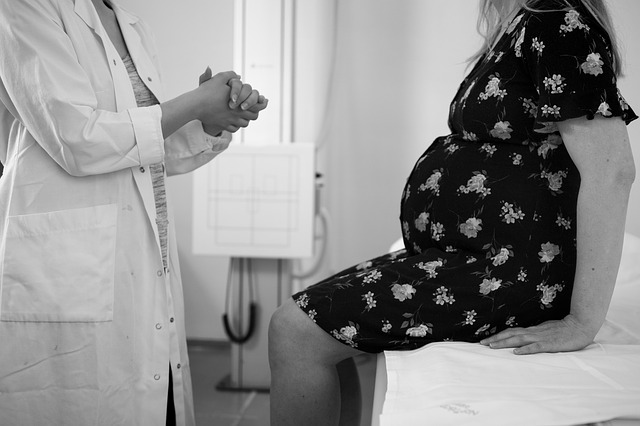ART or assisted reproductive technology is a reproductive medical advancement has applied successfully to treat millions of infertile couple. Like other medical treatment procedures, ART also has some complications along with additional legal ethical and social challenges. The following are some common complications associated with ART.

Multiple pregnancies
Approximately 40% of babies born through ART have a twin pair. Although intended parents and many obstetricians do not take twin pregnancy as a serious complication of ART. But multiple pregnancies increase the risk of perinatal and maternal mortality and morbidity in comparison with singleton pregnancies. These consequences occur due to an increased rate of premature delivery and low birth weights, and maternal complications during the gestational period.
Intended parents often have additional stress for managing multiple births and most often behavior problems are a significant problem among siblings of multiples.
Elective single embryo transfer is the solution for solving these complications associated with multiple births in ART. The human trial had conducted to check the efficacy and safety of elective single embryo transfer in ART. The study findings supported that elective single embryo transfer has equal pregnancy rates like double embryo transfer along with good pregnancy potential.
Experts prefer to perform elective single embryo transfer if the intended mother age is less than 36 years and can create at least one good quality embryo. However, the selection of an embryo for elective single embryo transfer is a complex process. The number of blastomeres and grade of fragmentation are the considerable factor for grading the embryos. But still, researchers are working to improve the embryo scoring for improving the selection process of the embryo.
Detail research also requires analyzing the cost-benefit ratio of elective single embryo transfer and double embryo transfer.
Long‐term effects of ART on women
The alteration of reproductive factors along with hormonal changes may have a link with breast cancer or female genital tract cancer development. Research studies have conducted to establish long-term complications associated with ART. But the poor statistical measure, lack of data and short follow up studies cannot draw a solid conclusion on this aspect.
A study conducted in The Netherlands reported based on their study finding that there is an association of breast and ovarian cancer with IVF. However, researchers had found that subfertility-related endometrial cancer risk may have an association, which needs further investigation for confirmation.
Effects on offspring
The health condition of the offspring born through ART is an apprehensive concern. A significant sex chromosomal abnormality has found in pregnancy occurred through ICSI. There is an increased genetic risk of boy children born with a couple having male factor subfertility. Different suspected genetic conditions like syndromal disorders featuring infertility, X-chromosomal, and autosomal aberrations, Y-chromosomal microdeletions, and ultrastructural sperm defects may be transmitted to the next male generation through Intracytoplasmic sperm injection (ICSI) technology. However, more detail research requires to obtain a definite result.
Some studies also supported a higher risk of congenital malformations associated with ART in comparison with the normal conception process. However, parental characteristics like age, health condition also have a direct relation with the increased risk of congenital malformations. But still, now the minimum incidence of congenital abnormalities have reported with IVF and ICSI technique.



